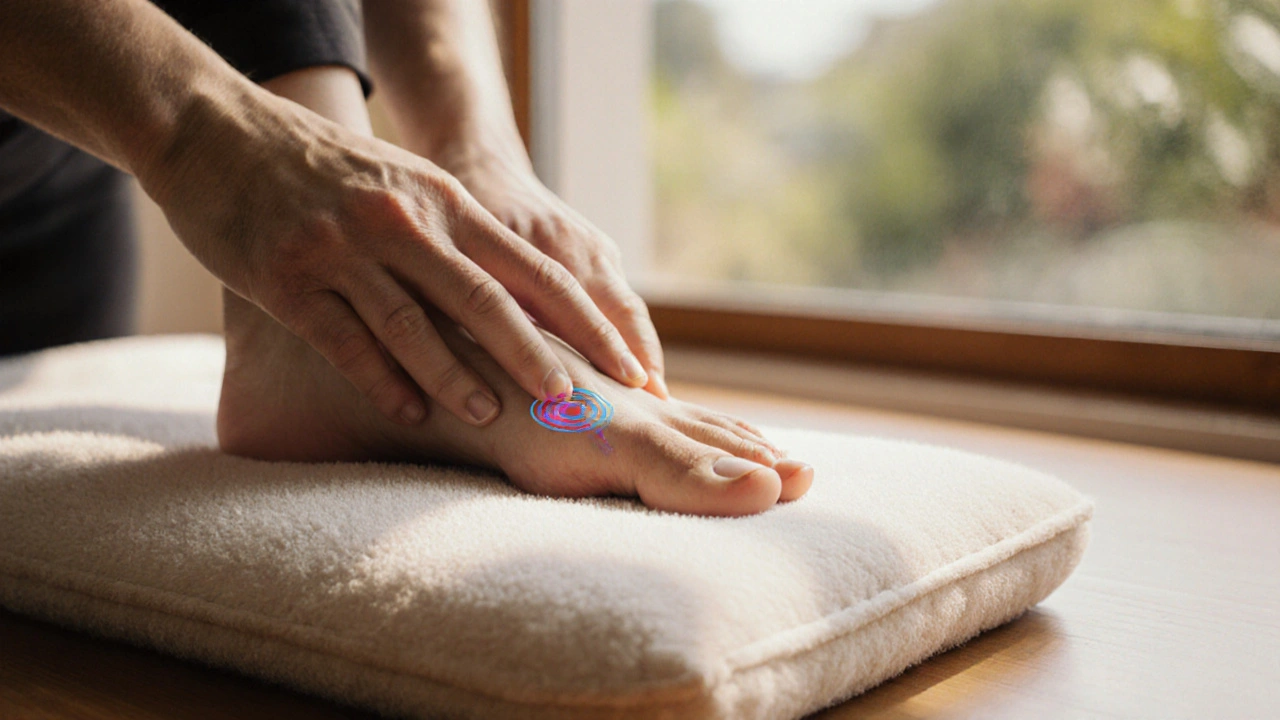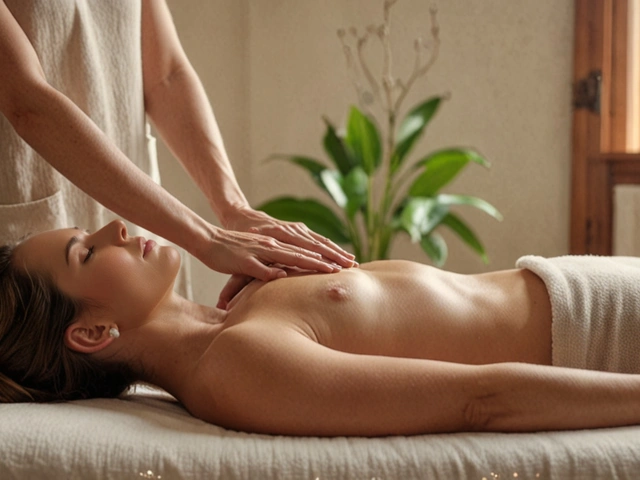How to Lower Blood Pressure in Your Dog
If your vet says your dog has high blood pressure, don’t panic. You can make changes at home that help bring the numbers down. The goal is to keep your dog comfortable, active, and happy while you work with the vet.
First, understand what causes high blood pressure in dogs. Common triggers are obesity, salty foods, lack of exercise, and chronic stress. Some breeds are also more prone to hypertension. Knowing the cause helps you pick the right solutions.
Adjust the Diet
Food is the easiest place to start. Switch to a high‑quality, low‑sodium dog food. Look for labels that say “no added salt” or “limited sodium.” If you feed homemade meals, avoid adding table salt or salty treats.
Add more omega‑3 rich foods like fish oil or salmon. These fats support heart health and can help lower blood pressure. A tablespoon of fish oil per 20 pounds of body weight is a good rule, but ask the vet for the exact dose.
Fiber also helps. Include a handful of cooked pumpkin or green beans in the daily meals. Fiber keeps the gut healthy, which in turn supports overall blood pressure.
Boost Exercise and Reduce Stress
Regular walks are a must. Aim for at least two 20‑minute walks each day, adjusted for your dog’s age and fitness level. Short, brisk walks keep the heart strong without over‑exerting a senior dog.
Play is another great way to move. Games of fetch, tug‑of‑war, or hide‑and‑seek get the blood pumping and also keep the mind occupied. A tired dog is a calmer dog, and lower stress means lower blood pressure.
Stress can spike blood pressure just like in people. Create a calm environment at home. A quiet spot with a comfortable bed, low‑level music, or a pheromone diffuser can make a big difference.
Try Canine Massage
Massage isn’t just for humans. Gentle canine massage can relax the nervous system and improve circulation. Start with a light stroke along the neck and shoulders, then move to slow kneading on the back.
Focus on the areas where your dog holds tension – usually near the hips and lower back. A 5‑minute session after a walk can lower the heart rate and help blood pressure settle.
If you’re unsure, watch a short video on basic dog massage or ask a professional therapist for a quick demo.
Monitor and Follow Up
Keep a log of your dog’s diet, exercise, and any massage sessions. Note any changes in behavior or energy level. Bring this record to the vet’s next appointment.
Regular blood pressure checks are important. Most vets can do it during a routine exam, and many pet clinics now have home‑use cuffs you can borrow.
Remember, you’re not alone in this. Combine these everyday habits with the vet’s medication plan, and you’ll give your dog the best chance for lower blood pressure and a longer, healthier life.

Reflexology: A Natural Way to Lower Blood Pressure
Learn how reflexology can naturally lower blood pressure, explore the science, follow a simple at‑home routine, and see how it fits with medication and lifestyle changes.

Health Juice: Your Easy Route to Better Hydration
Aug, 21 2024

Meditation: An Essential Tool for Mental Wellness
Dec, 12 2023


